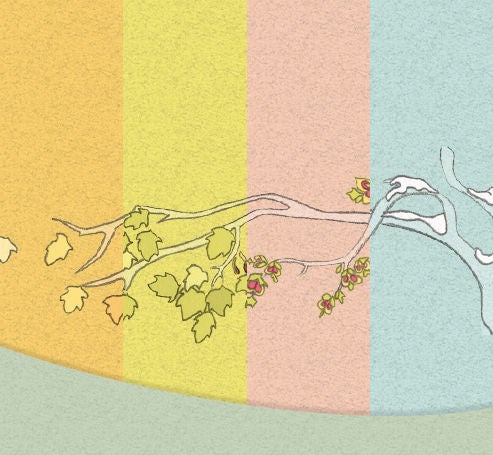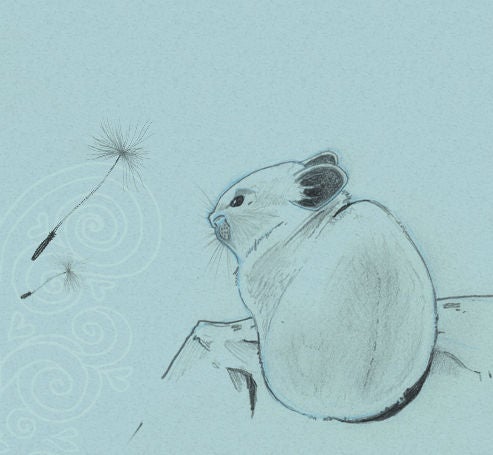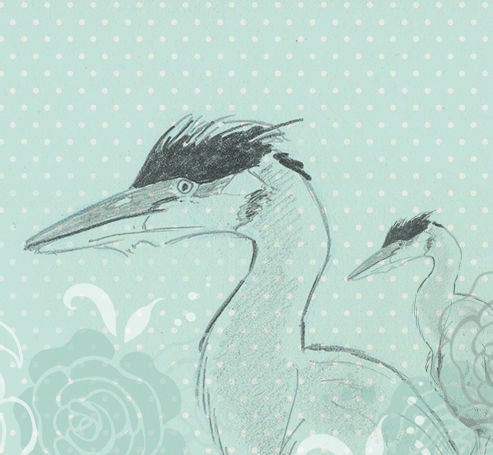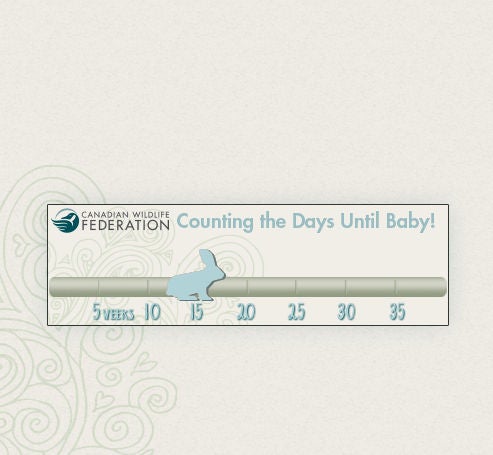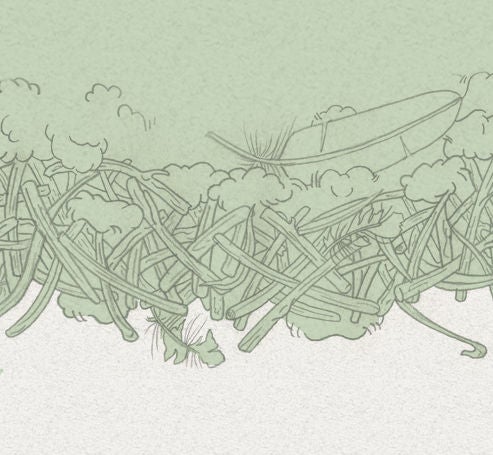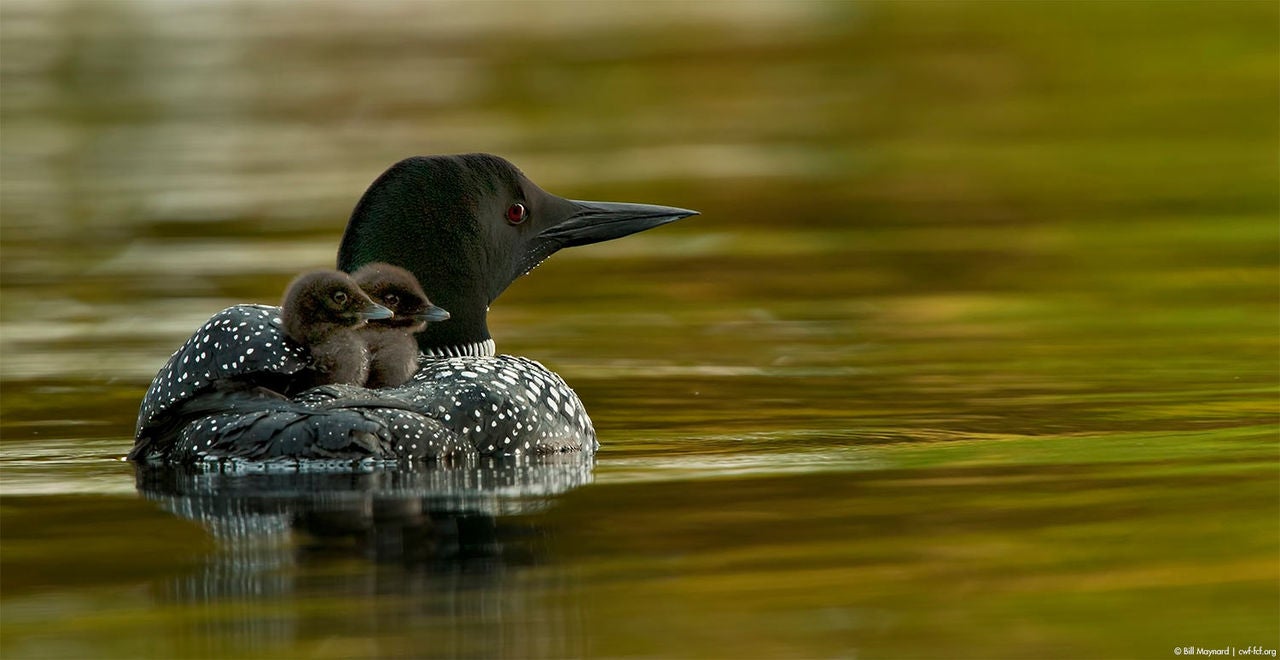Are You Feeling Stressed Out During Your Pregnancy? We’ve got the Remedy
Did you know that stress studies have found that pregnancy ranks twelfth on the list of life’s most stressful events? So what can you do to give your worries the heave, ho? Your knee jerk reaction might be to have a Netflix marathon, but it turns out, our go to ways of chilling out aren’t working very well.
Luckily, we’ve got an alternative that’s equally addictive and rewarding to boot! The next time you feel stressed and you want to reach for the remote, lend a helping hand to wildlife instead. Evidence shows that helping others can actually be beneficial to the helper too! Researchers have found that doing something kind for others actually changes the physiological makeup of your brain, making you a happier person and keeping stress at bay.
Permission to Give
WINTER
While some animals prefer to migrate to warmer climes for the winter, many choose to stick out the winter right here in Canada. These birds, plants, and mammals could use a little help when Jack Frost pays a visit to your neighbourhood:
- Build a winter bird roost to give birds enough shelter when temperatures plunge.
- Hang suet from a tree to give birds plenty of energy.
- Keep bird feeding stations well-stocked throughout the winter.
- Cover vulnerable plants with 15 to 20 centimetres of mulch after the first frost to protect them from temperature fluctuations.
- Start planning your garden for next winter. Include evergreen trees or shrubs in your garden plan to shield birds and small mammals from cold winds, and don’t forget to add fruit-bearing plants and trees to the mix too.
SPRING
You’re not the only one with babies on the brain. Many wildlife species nest and give birth to their young in the spring. There’s plenty you can do to keep the young animals in your neighbourhood protected:
- Found a baby bird on the ground? If it’s a nestling, try to locate the nest and ask your partner or a neighbour to help you relocate the bird (wild animals can carry bacteria and disease – so it’s best to steer clear of handling them yourself).
- If you’ve found a young deer or rabbit, don’t be quick to come to its rescue; some species leave their nests unattended for large portions of the day. However, keep your eye on them and look for these signs that it’s been orphaned and needs help from a wildlife rehabilitator.
- If you’re still letting Fluffykins roam free outside, this is a good time to transition your cat to indoor living. Every year in Canada, 140 million birds and small animals (including young wildlife) are killed by domestic cats.
- When you’re on the road, keep a watchful eye out for turtles crossing. Many females are drawn to roads since they often nest on gravelly shoulders in the spring.
SUMMER
Have you noticed your backyard come alive this summer? Not only is your garden in bloom but wildlife are scurrying this way and that too. That’s because wildlife is particularly active during the summer. With all that activity, there’s an assortment of things you can do to keep the critters in your neck of the woods safe and satiated:
- Fill your garden with great sources of nectar to give monarch butterflies energy for their migration this fall.
- Install a bat box by a water source this summer and monitor it once a month.
- When you’re on the road, keep a watchful eye out for snakes. Not only do these reptiles cross roads, they also lie on them to sun themselves.
- If you’re still letting Fluffykins roam free outside, this is a good time to transition your cat to indoor living. Every year in Canada, 140 million birds and small animals are killed by domestic cats.
AUTUMN
Have you noticed your backyard come alive this autumn? Some wildlife are scurrying this way and that collecting food for the winter, while others are busying themselves for the migration south. You can help the critters in your backyard get ready for the cold months ahead:
- Help migratory birds bulk up for the journey ahead by choosing birdseed blends made up of oil seeds like niger, sunflower or canola.
- Place piles of leaves around the garden for frogs to hibernate on land. If you have a pond, make sure it’s deep enough that it doesn’t freeze completely or use a pond aerator, de-icer or waterfall to give frogs a helping hand.
- Offer leaf litter, fallen logs, rock piles, flower stalks and more to insects that overwinter in Canada.
- When you’re on the road, keep a watchful eye out for deer. They’re particularly active during their mating season from October to December. And don’t forget to watch out for small mammals like squirrels and chipmunks which are prepping their homes for the winter. Learn how to avoid hitting these animals during the fall.
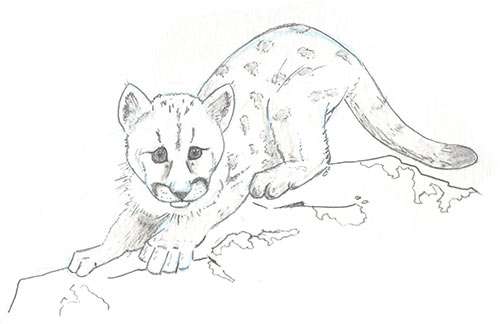 If you were a cougar, you would have delivered your baby by now!
If you were a cougar, you would have delivered your baby by now!
The gestation period for cougars is 90 days. Females can have as few as one kitten and as many as six. Females are particularly protective of her kittens and don’t allow their mates to see them as they may kill the young, thinking they aren’t their offspring. The kittens will stay with their mother for 18 to 24 months until they’re independent enough to be able to hunt for food on their own.
- 0
- 1
- 2
- 3
- 4
- 5
- 6

